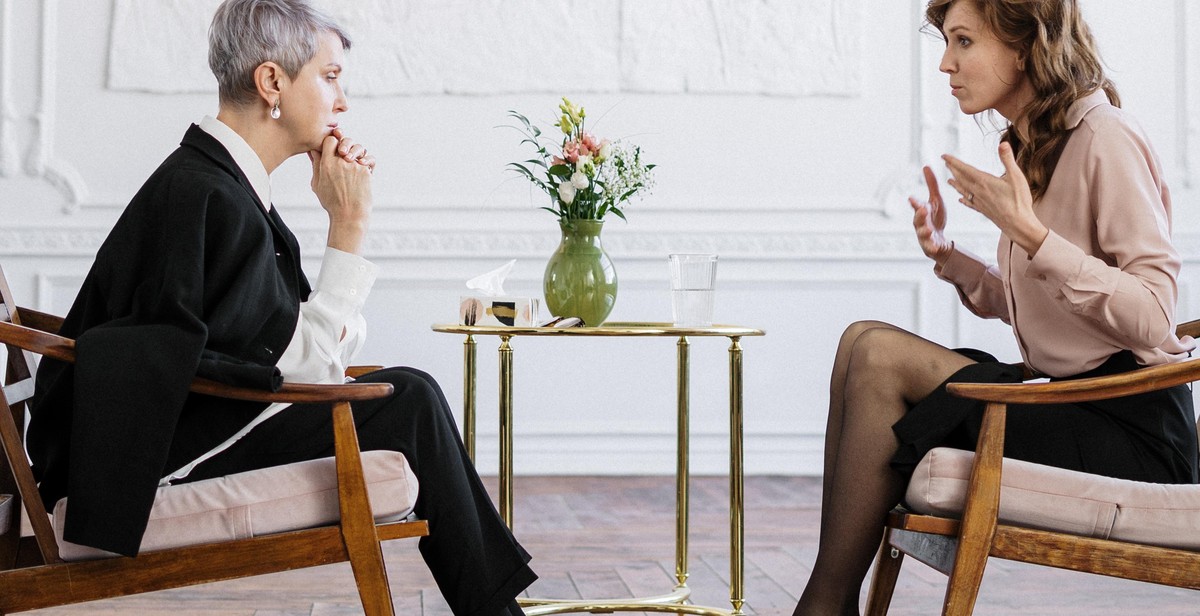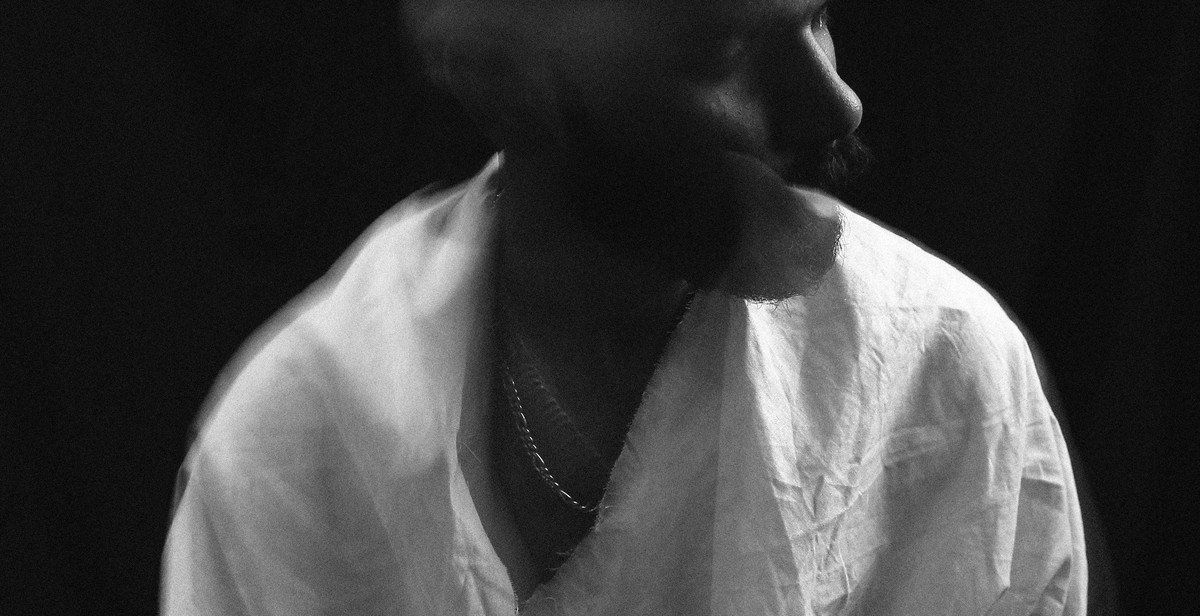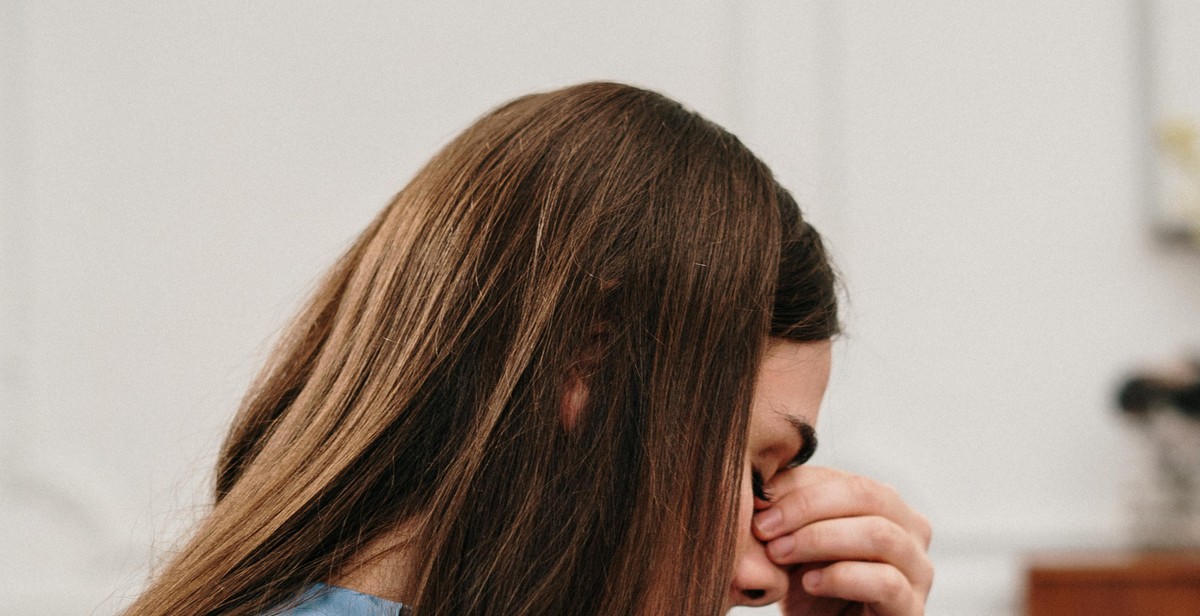How Physical Clutter Impacts Mental Health: Psychology Behind Mess
As a professional writer and content creator with over 10 years of experience, I have learned that physical clutter can have a significant impact on mental health. It is not just a matter of having a tidy space, but rather a fundamental aspect of our well-being. In this article, I will explore the psychology behind clutter and its effects on mental health.
Physical clutter refers to the accumulation of objects in our environment that we no longer need or use. This can range from clothes and books to old paperwork and random trinkets. When we have too much clutter, it can lead to feelings of overwhelm, stress, and anxiety. It can also make it difficult to focus and be productive.
- What is clutter?
- How does clutter affect mental health?
- Why do we accumulate clutter?
- What can we do to reduce clutter and improve our mental health?
In this article, I will answer these questions and provide practical tips for decluttering your space and improving your mental health.

The Connection Between Physical Clutter and Mental Health
As someone who has struggled with clutter in the past, I can attest to the negative impact it can have on mental health. But my personal experience is not unique – research has shown that physical clutter can have a significant impact on our psychological well-being.
Research on Clutter and Stress
A study by the UCLA Center on Everyday Lives and Families found that women who described their homes as cluttered had higher levels of cortisol, a stress hormone, than those who described their homes as tidy. The cluttered homes also had higher levels of the stress hormone in the form of clutter-related items, such as unpaid bills and dirty laundry.
Clutter and Anxiety
Clutter can also contribute to feelings of anxiety. A cluttered environment can feel overwhelming and chaotic, which can be particularly distressing for people who already struggle with anxiety.
Depression and Clutter
People who struggle with depression may find it difficult to motivate themselves to tidy up their living space, which can lead to a cycle of clutter and negative feelings. A cluttered environment can also contribute to feelings of hopelessness and helplessness, which are common symptoms of depression.
The Impact of Clutter on Productivity
Clutter can also have a significant impact on productivity. A cluttered workspace can make it difficult to focus, leading to distractions and procrastination. This can be particularly problematic for people who work from home, where the lines between work and home life can easily become blurred.
- Overall, the research suggests that physical clutter can have a significant impact on mental health and well-being.
- Clutter can contribute to feelings of stress, anxiety, and depression.
- It can also have a negative impact on productivity and motivation.
| Positive Effects of Decluttering | Negative Effects of Clutter |
|---|---|
| Reduced stress and anxiety | Increased stress and anxiety |
| Improved focus and productivity | Decreased focus and productivity |
| Increased motivation and energy | Decreased motivation and energy |

The Psychology Behind Mess
It’s no secret that a cluttered physical environment can have negative effects on our mental health. But why is that? The answer lies in the psychology behind mess.
The Role of the Brain
Our brains are wired to process and organize information in a certain way. When our physical environment is cluttered and disorganized, it can cause our brains to feel overwhelmed and overstimulated. This can lead to feelings of stress, anxiety, and even depression.
On the other hand, when our physical environment is clean and organized, it can have a calming effect on our brains. This can lead to increased focus, productivity, and even creativity.
The Emotional Attachment to Objects
Another reason why clutter can have negative effects on our mental health is because of our emotional attachment to objects. We often hold onto things because they have sentimental value or because we feel like we might need them in the future.
However, when we hold onto too many things, it can become overwhelming and stressful. It can also make it difficult for us to let go of things that no longer serve us.
The Fear of Letting Go
Many people struggle with letting go of things because of the fear of regret or loss. We may worry that we will need something in the future or that we will regret getting rid of it.
However, holding onto things that no longer serve us can actually be more detrimental to our mental health in the long run. The act of letting go can be liberating and can help us feel more in control of our lives.
Overall, the psychology behind mess is complex and multifaceted. By understanding the role of the brain, our emotional attachment to objects, and the fear of letting go, we can take steps to create a more organized and clutter-free environment that supports our mental health and wellbeing.

How to Declutter for Better Mental Health
Decluttering can be a daunting task, but it is an essential step towards achieving better mental health. Here are some tips to help you get started:
Identify the Root Cause
Before you start decluttering, it’s important to identify the root cause of your clutter. Are you holding onto things because of sentimental reasons? Do you have a fear of missing out? Are you a compulsive shopper? Understanding why you accumulate clutter can help you address the root cause of the problem and prevent it from happening again.
Start Small
Decluttering your entire home can be overwhelming. Instead, start with one room or even one area of a room. This will help you stay focused and motivated. Once you have successfully decluttered one area, move on to the next.
Create a System
Having a system in place can make decluttering easier and less overwhelming. Create a plan of attack and stick to it. For example, you could start by sorting items into three categories: keep, donate, and throw away. Use boxes or bags to keep these items separated.
Get Rid of What You Don’t Need
One of the most important steps in decluttering is getting rid of what you don’t need. This can be difficult, especially if you have sentimental attachments to certain items. However, holding onto things you don’t need can add to your stress levels and make it harder to focus on what’s important.
- Donate items that are still in good condition but no longer serve a purpose in your life
- Throw away items that are broken or no longer usable
- Recycle items that can be recycled
By decluttering your home, you can create a more peaceful and organized environment that can positively impact your mental health. Remember to take it one step at a time and be patient with yourself.

Conclusion
Physical clutter can have a significant impact on our mental health and well-being. The psychology behind mess shows that clutter can cause stress, anxiety, and even depression. But the good news is that we can take steps to declutter our physical spaces and improve our mental health.
Tips for Decluttering
- Start small – choose one area to declutter at a time
- Use the “one in, one out” rule – for every new item you bring in, get rid of an old one
- Donate or sell items that are still in good condition but no longer needed
- Organize items in a way that makes sense for you
- Get rid of items that are broken or no longer serve a purpose
By decluttering our physical spaces, we can create a more peaceful and calming environment that can positively impact our mental health. It may take time and effort, but the benefits are worth it.
Remember
Decluttering is not just about getting rid of physical items – it’s about creating a space that supports our mental and emotional well-being. So, take the time to declutter and organize your physical space and see the positive impact it can have on your mental health.
| Key Takeaways: |
| – Physical clutter can cause stress, anxiety, and depression |
| – Decluttering can improve our mental health and well-being |
| – Tips for decluttering include starting small, using the “one in, one out” rule, and organizing items in a way that makes sense for you |
| – Remember that decluttering is not just about physical items but creating a space that supports our mental and emotional well-being |
